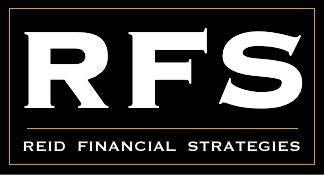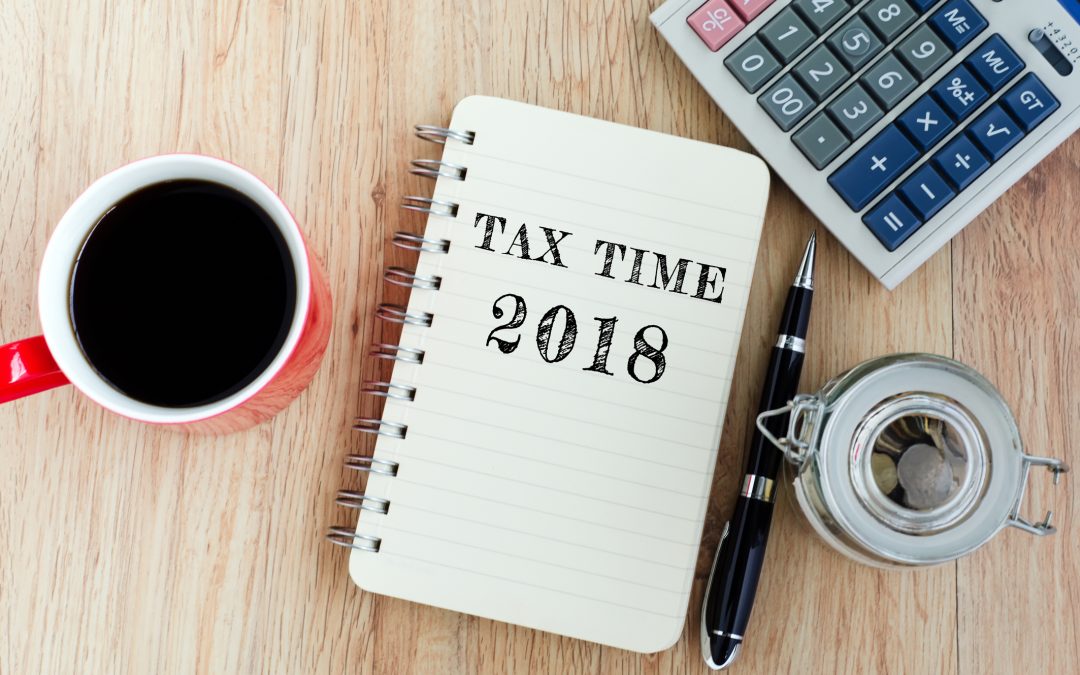2018 Year-end Tax Tips
With the New Year upon us, there is only a little time left to take advantage of tax strategies that can save you money. In this article, we will discuss strategies that can help small businesses minimize their tax liability. In addition, we highlight any changes that occurred in 2018 that will need to be considered before December 31, 2018.
Salary/Dividend Mix
Determine the preferred mix of salary and dividends for both you and family members in 2018.
Salaries: Paying a salary allows you and family members to have earned income for CPP, RRSP, and child care expense purposes. Keep in mind that you must be able to substantiate the remuneration paid to a family member.
Dividends: Consider paying dividends to adult family members who are shareholders in your company and are in a lower tax bracket. Be aware of the new “tax on split income” rules (TOSI), as they may affect this strategy. Also, there maybe an increase in the recipient’s alternative minimum tax (ATM) exposure. Family members with no other income may be able to receive from $9,000 to about $51,000 without paying any income tax, depending on the recipient’s province or territory of residence and the corporation’s ability to pay eligible dividends.
Income Splitting and TOSI: Starting in 2018, sprinkling income to family members using a private corporation is subject to TOSI rules, which may cause income to be taxed at the highest marginal tax rate. TOSI must be considered before paying non-salary amounts to an adult family member. For more information, schedule a meeting to see if these new rules affect you.
Refundable Dividend Tax on Hand (RDTOH)
Starting on January 1, 2019, the RDTOH account will be split into eligible RDTOH and non-eligible RDTOH pools. Consider distributing dividends in the following order:
- Eligible dividends that can trigger an RDTOH refund. This will not be allowed in 2019, to the extent the corporation does not have an eligible RDTOH balance.
- Non-eligible dividends that trigger an RDTOH refund.
- Eligible dividends that do not trigger an RDTOH refund.
- Non-eligible dividends that do not trigger an RDTOH refund.
This will ensure you receive the full benefit of your eligible dividends that will trigger an RDTOH refund. Transitionary rules may affect your opening balance for the eligible RDTOH pool on January 1, 2019.
Depreciable Assets
If you are planning to purchase a depreciable asset in early 2019, accelerate the purchase and ensure it is available for use at the end of 2018.
Take advantage of the new Accelerated Investment Incentive, which allows an increased first year CCA deduction for eligible depreciable assets acquired after November 20, 2018 and available for use before 2028. This is generally applicable to all capital properties that are subject to CCA rules, except for M&P and specified clean energy equipment, which are subject to their own enhanced CCA deductions.
If you plan on selling a depreciable asset that will result in a recapture of CCA, defer until after the 2018 year-end. This includes dispositions of other property that will result in income.
Employment Insurance (EI)
If you are self-employed, assess whether you would like to opt in to the EI program to be eligible for maternity, parental, sickness or compassionate care benefits. If you have remitted EI premiums for individuals who are not engaged in insured employment, such as self-employed persons or those related to the owner, you may be able to file for an EI refund.
Motor Vehicle Use
An automobile log may be required to substantiate your motor vehicles expenses and taxable benefits calculations. In recent years, we have seen logs get declined due to poor reporting and lack of details. Make sure your log is acceptable and up to date. A logbook maintained for a sample period will be sufficient if certain criteria is met. Contact us for a review of your log, and we will provide recommendations, if necessary.
Interest Expenses
Always try to pay debt that has non-deductible interest before other debt. Borrow for investment or business purposes and use cash for personal purchases. Also, remember that you can continue to deduct interest on investments loans after you sell the investments, provided you reinvest the proceeds from the sale in a new investment.
Instalment Payments
If you expect your tax liability to be lower in 2018 than 2017, you may not need to pay your December 15th, 2018 instalment. Consider getting a tax estimate before cutting your final 2018 instalment cheque.
Voluntary Disclosure Program
If you are aware of non-compliance with your income tax requirements (personal, business,sales tax, etc.) and the Canada Revenue Agency has not informed you of this non-compliance, consider correcting this by filing under the voluntary disclosure program (VDP). The VDP provides shelter from late-filing penalties and interest accrued on those penalties. Starting March 1, 2018, new rules were introduced to the VDP. Schedule a meeting to see if you are eligible today.
For more information on these strategies, contact a tax planning specialist below:
Dr. Colin Reid B.Sc, M.Sc, CFP, CIM, CFA, PhD
(905) 304-7005
creid@reidstrategies.com
Mason Twitchett
(905) 304-7005
mtwitchett@reidstrategies.com

